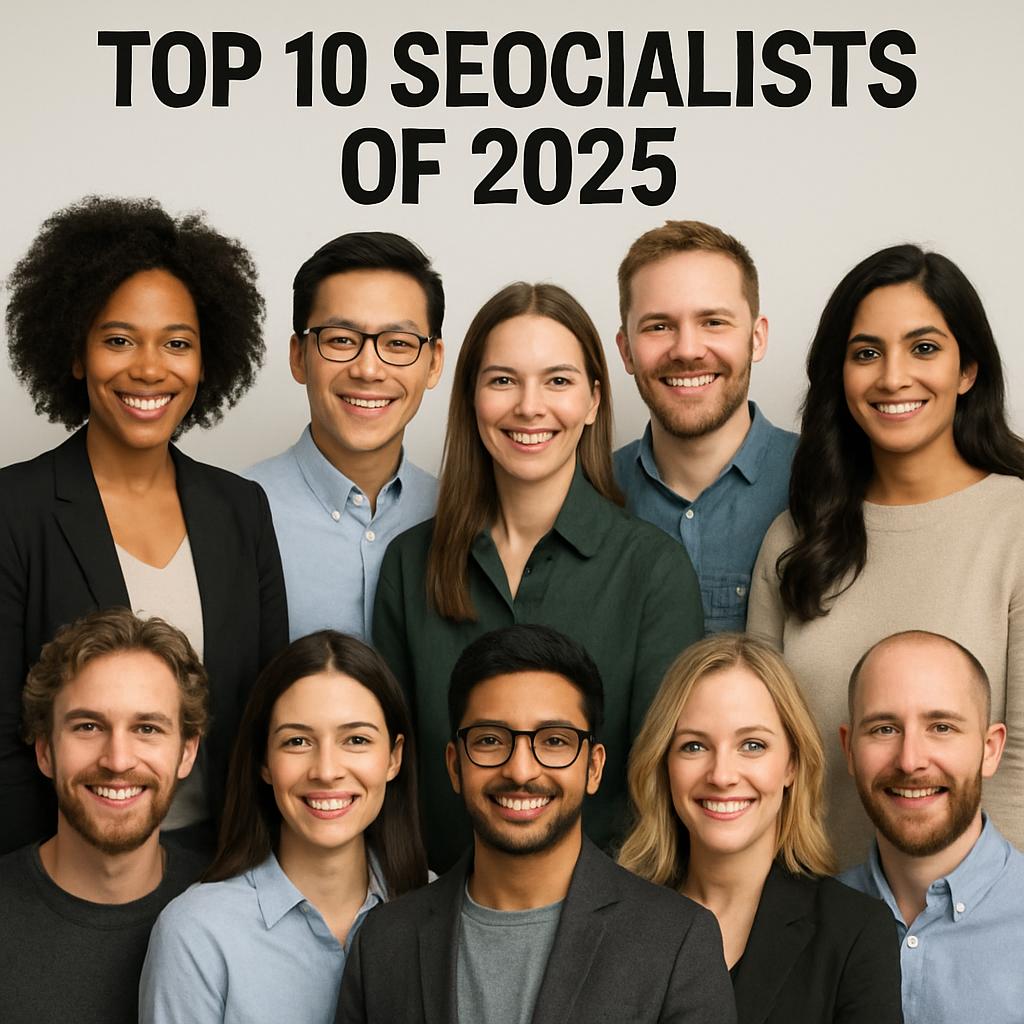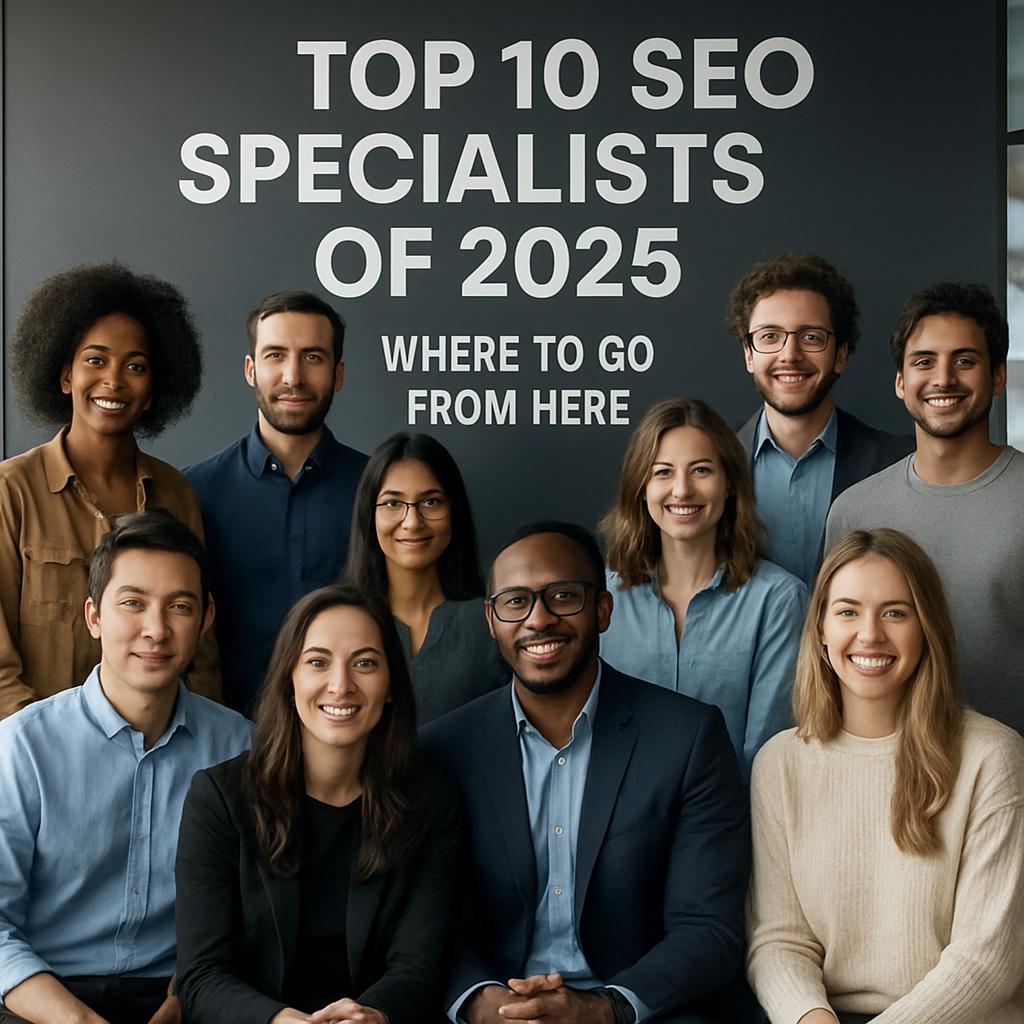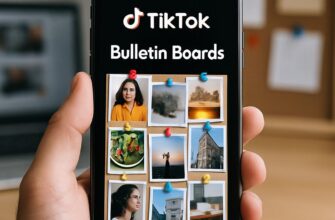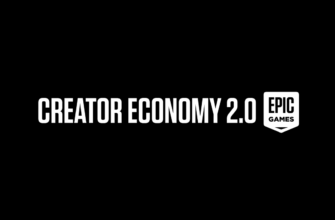Every year the SEO landscape shifts—algorithms change, user intent evolves, and tactics that worked yesterday can underperform tomorrow. This roundup highlights ten people whose thinking, tools, and public work are shaping search in 2025, offering a practical lens for marketers, founders, and content creators trying to stay ahead.
- How we chose these specialists
- What to look for in a modern SEO specialist
- The top 10 list
- Rand Fishkin
- Brian Dean
- Aleyda Solis
- John Mueller
- Barry Schwartz
- Marie Haynes
- Cyrus Shepard
- Wil Reynolds
- Glen Allsopp (ViperChill)
- Lily Ray
- Quick reference table
- Lessons you can apply right now
- My experience working with this thinking
- Where to go from here
How we chose these specialists
This is not a popularity contest. I focused on measurable influence: sustained thought leadership, public resources (blogs, tools, research), community contribution, and a proven track record with complex, real-world SEO problems. Influence can be loud or quiet; both matter.
Technical depth, emphasis on user experience, and a willingness to adapt to privacy and AI-driven search were also key. Where possible I prioritized people who publish clear guidance and who respond to new signals—algorithm updates, generative AI in search, and shifting SERP features.
What to look for in a modern SEO specialist
Modern SEO is part data analyst, part product thinker, and part storyteller. Look for practitioners who connect technical fixes to business outcomes, not just ranking reports. That’s the thread tying together the names below.
Also favor specialists who document failures as well as wins. The best lessons come from honest postmortems, reproducible experiments, and transparent methodologies—qualities you’ll see repeated among the people on this list.
The top 10 list

Below are ten specialists, each with a short profile explaining what they focus on and why their perspective matters in 2025. Use these profiles to decide who to follow, hire, or learn from depending on your goals.
Rand Fishkin
Rand helped put modern SEO on the map as a founder of Moz and later co-founded SparkToro, which reframes audience research for marketers. His writing and talks emphasize the intersection of user intent, content strategy, and ethical growth tactics—especially relevant as search becomes more personalized and privacy-conscious.
In 2025 he continues to influence the industry through long-form essays, candid podcasts, and practical frameworks for measuring organic growth beyond rankings. If you want to think about long-term brand presence in search, Rand’s work is essential reading.
Brian Dean
Brian built Backlinko into a go-to resource for tactical, outcome-focused SEO techniques. His emphasis on replicable experiments—especially around content patterns that attract links and featured snippets—remains highly actionable for teams focused on acquisition and content ROI.
His tutorials remain concise and tool-agnostic, making them useful for small teams and enterprises alike. In 2025, his approach to content clusters and on-page optimization continues to be a reliable playbook for publishers chasing visibility in competitive niches.
Aleyda Solis
Aleyda is a seasoned international SEO consultant known for depth in technical SEO and multilingual site strategies. Her guidance is especially valuable for brands expanding globally and navigating hreflang, server architecture, and regional search behavior.
She publishes clear checklists, audit frameworks, and case studies that help practitioners avoid common pitfalls when scaling. When cross-border organic growth is on your roadmap, Aleyda’s resources are practical and precise.
John Mueller
As Google’s long-standing Search Advocate, John Mueller occupies a unique space between webmasters and the search engine. He doesn’t provide a one-size-fits-all SEO playbook, but his public comments, hangouts, and clarifications often resolve confusion after major algorithm shifts.
Following John is less about tactics and more about reading the signals Google wants webmasters to notice. His guidance on indexing, structured data, and site architecture helps teams interpret official direction without speculation.
Barry Schwartz
Barry runs Search Engine Roundtable and covers search news with a relentless focus on the details other outlets miss. His work is a daily pulse check on algorithm churn, policy changes, and how SERP features evolve across platforms.
For anyone who needs to react quickly to ranking volatility or to track trends across multiple sources, Barry’s reporting and curated commentary are invaluable. He surfaces community observations that often foreshadow larger shifts.
Marie Haynes
Marie specializes in Google penalties, quality issues, and E‑A‑T (expertise, authoritativeness, trustworthiness). Her diagnostics combine analytical rigor with hands-on site audits, making her a go-to for sites recovering from manual actions or broad algorithmic hits.
Her team’s documented case studies and practical recommendations around content quality and site reputation help owners make concrete improvements rather than guess at fixes.
Cyrus Shepard
Cyrus—formerly a Moz lead—focuses on content systems and technical foundations that scale. His work breaks down how content, internal linking, and site structure interact to create sustainable organic growth rather than short-lived spikes.
He’s useful for product-led teams that need to bake SEO into workflows: content templates, editorial SOPs, and measurable KPIs that match business outcomes rather than vanity metrics.
Wil Reynolds
Wil is the founder of Seer Interactive and is known for combining data-centric SEO with paid media and analytics to solve conversion problems. His perspective is particularly valuable when search performance needs to translate directly into revenue.
He champions a human-first approach—treating search data as a customer signal—and pushes teams to connect analytics to product improvement and UX changes that move the needle.
Glen Allsopp (ViperChill)
Glen blends long-form case studies with experimental SEO tactics and niche site strategies. He’s notable for transparent experiments that reveal how content, backlinks, and growth loops can combine to build authority in narrow verticals.
For entrepreneurs launching content-driven businesses or testing content monetization models, Glen’s approach offers practical, real-world templates to replicate and adapt.
Lily Ray
Lily is widely recognized for her analysis of Google algorithm updates and their impact on rankings, particularly around helpful content and E‑A‑T trends. She translates complex update effects into actionable guidance for publishers and brands.
Her data-backed analyses and timely commentary help teams prioritize fixes and content strategy adjustments after major algorithm changes, reducing guesswork during recovery and optimization cycles.
Quick reference table
Here’s a compact table summarizing each specialist’s primary focus area for quick scanning.
| Specialist | Primary focus |
|---|---|
| Rand Fishkin | Audience research, long-term brand SEO |
| Brian Dean | Content SEO, link acquisition tactics |
| Aleyda Solis | International & technical SEO |
| John Mueller | Google indexing & site architecture guidance |
| Barry Schwartz | Search news, algorithm monitoring |
| Marie Haynes | Quality audits, penalties, E‑A‑T |
| Cyrus Shepard | Content systems & internal linking |
| Wil Reynolds | Data-driven SEO and conversion-focused strategy |
| Glen Allsopp | Niche sites, experimental growth tactics |
| Lily Ray | Algorithm update analysis, helpful content |
Lessons you can apply right now
Cross-cutting themes emerge from this group: focus on user intent, invest in content quality, and make site architecture an ongoing priority. Those are not buzzwords; they’re operational steps—content briefs tied to queries, canonicalization and crawl budgets managed, and editorial gates that enforce quality.
Experimentation and measurement matter more than ever. Run small, controlled tests, document outcomes, and iterate. The specialists above demonstrate that repeated, well-scoped experiments beat one-off hacks for long-term visibility.
My experience working with this thinking
In projects I’ve led, adopting a composite of these experts’ approaches — marrying technical audits with audience research and strict content standards — produced steadier gains than chasing single tactics. Case in point: rebuilding a content cluster architecture and coupling it to conversion tracking improved organic revenue by a clear margin within six months.
That kind of result comes from blending the strategic (Rand, Aleyda), the tactical (Brian, Glen), and the analytic (Wil, Cyrus), while keeping an eye on the official signals (John, Barry) and quality controls (Marie, Lily).
Where to go from here

Follow a few of these specialists on their blogs, subscribe to their newsletters, and attend talks or webinars when possible. Build a short list of experiments inspired by their work and measure against revenue or leads rather than ranking alone.
Finally, treat search as part of product development: use search data to inform content, UX, and feature priorities. That mindset will keep your SEO resilient as search platforms continue to evolve.
For more in-depth articles and ongoing coverage of SEO trends, visit https://news-ads.com/ and explore other materials on our site.







